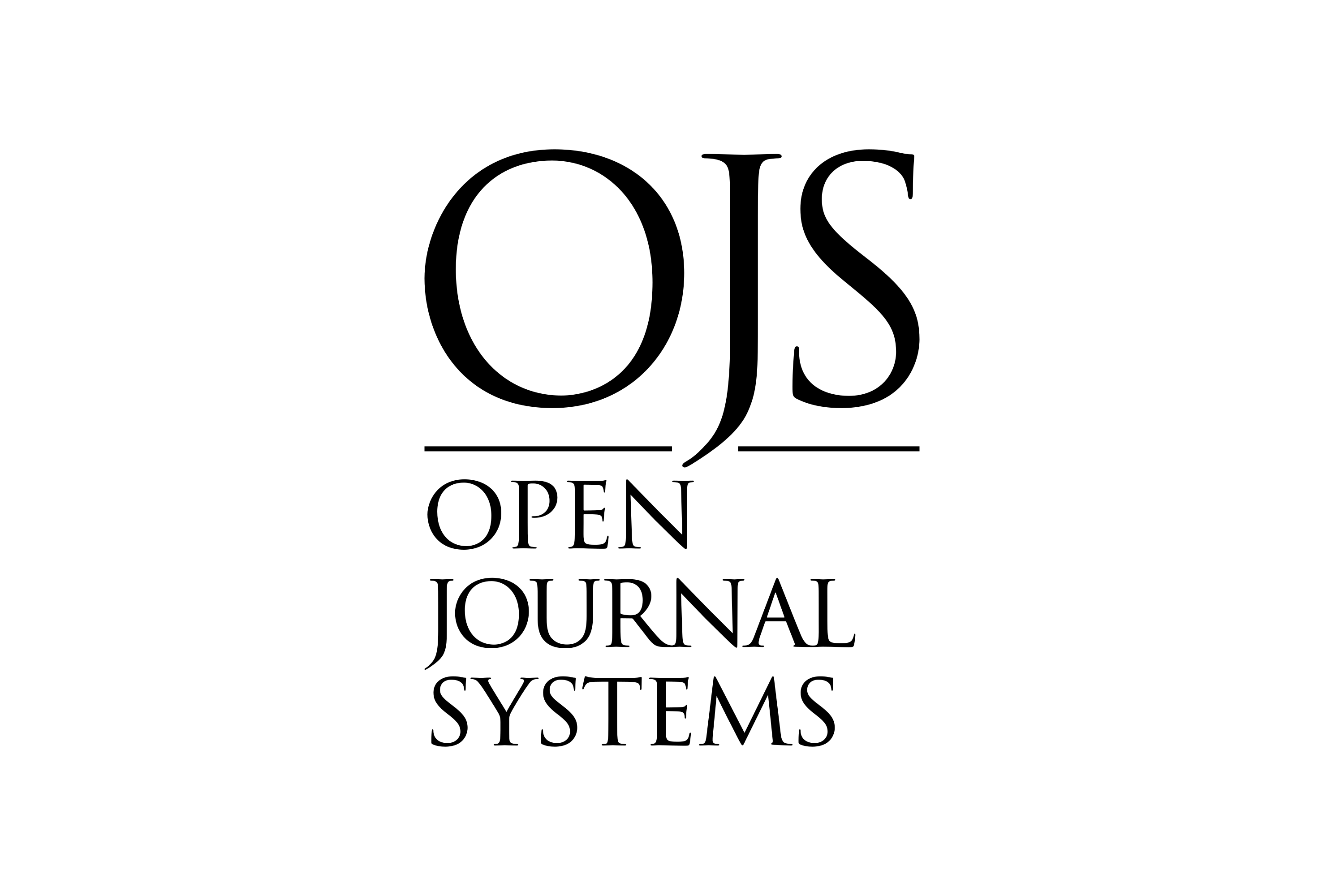Doom Spending dalam Perspektif Hukum Ekonomi Syariah: Israf dan Tabdzir
Kata Kunci:
israf, tabdzir, doom spending, perspektif, hukum ekonomi syariahAbstrak
Dalam kondisi ekonomi global yang tidak menentu, doom spending menjadi tren yang semakin mengkhawatirkan di kalangan masyarakat modern, termasuk di Indonesia. Fenomena adalah bentuk belanja berlebihan sebagai respons terhadap krisis atau ketidakpastian dari perspektif hukum ekonomi syariah, khususnya konsep israf (berlebih-lebihan) dan tabdzir (pemborosan). Dengan menggunakan metode penelitian yuridis normatif dan pendekatan konseptual, penelitian ini bertujuan untuk menganalisis kesesuaian perilaku doom spending dengan prinsip-prinsip ekonomi Islam, mengidentifikasi batasan-batasan antara israf dan tabdzir dalam konteks doom spending. Hasil penelitian menunjukkan bahwa doom spending secara fundamental bertentangan dengan prinsip moderasi (wasathiyyah) dalam ekonomi Islam dan tergolong perilaku yang dilarang (haram). Penelitian ini juga menemukan bahwa batasan antara israf dan tabdzir dalam doom spending terletak pada niat, tujuan, dan dampak dari tindakan tersebut. Sehingga solusi yang ditawarkan meliputi penerapan prinsip infaq dan sedekah sebagai bentuk penyaluran kekayaan yang produktif, pengembangan literasi keuangan syariah, dan implementasi kebijakan ekonomi yang mendorong perilaku konsumsi yang seimbang dan berkelanjutan





